Introduction
The Japan-India-Africa Business Forum, held on February 26, 2025, marked a strategic step in strengthening the India-Japan partnership, reflecting a shared commitment to fostering collaboration and promoting economic growth in Africa and beyond. Convened by Japan’s Ministry of Economy, Trade and Industry and Nikkei, this forum comes at a critical juncture when the United States is retreating from its aid diplomacy, while China continues to leverage strategic and extractive financing to entrench economic dependencies and expand its Sino-centric world order. This shift challenges the liberal rules-based order by promoting a power-based system, with Africa as a key geopolitical arena.
To understand why Africa is central to these competing geopolitical and economic visions, we can apply Rufus Miles’ statement: “Where one stands depends on where one sits.” Africa sits at the crossroads of the global power system, giving it strategic leverage in shaping the current international order — politically, economically, militarily, strategically, environmentally, and developmentally. It provides Africa with the action space to be part of any agenda on security, peace, and development. However, Africa’s capacity and ability to influence global affairs depend on how effectively it engages with major powers and develops a comprehensive, coherent strategy that enables African states and institutions to coordinate policies, enhance economic resilience, and improve the livelihoods of African people.
What Africa needs is a transparent and responsive partnership that acts as an enabler for sustainable growth and development — one that aligns with African priorities and needs. Such a partnership must be constructive and inclusive, working alongside like-minded reliable nations while promoting openness and transparency to ensure clarity in intent and action. A secure and stable Africa is not only vital for the continent’s sustainable development but also essential for global peace and security, aligning with India and Japan’s shared vision of a free, open, and rules-based international order.
Africa is extremely important for maintaining and strengthening a free and open international order based on the rule of law, as its 54 countries collectively account for more than a quarter of UN members. Furthermore, as the world’s second-largest continent, Africa spans 43 million km², covering one-fifth of the Earth’s total surface. Its coastline, including its islands, stretches over 26,000 nautical miles, with 38 African nations classified as either coastal or island states. This vast maritime and territorial expanse further amplifies Africa’s geopolitical significance, making it a focal point in the India-Japan strategy to counter China’s extractive expansionism amidst the retraction of US aid.
China’s Extractive Expansionism Amidst US Aid Retrenchment
China’s flagship One Belt, One Road initiative, which is not popularly known as the Belt and Road Initiative (BRI) represents Beijing’s grand strategy to create a Sino-centric world order by expanding China’s sphere of influence, particularly in Africa. Through the BRI, China aims to fosters closer economic integration with countries across the globe, aligning their interests with Beijing’s long-term strategic goals. The initiative enables Chinese state-owned enterprises to export industrial overcapacity — notably in cement, steel, and construction — while simultaneously creating investment opportunities for its vast financial reserves and securing employment for Chinese workers.
However, China’s engagement in Africa is not merely political or economic; it is deeply strategic and extractive. Beijing’s polarizing financing model—marked by predatory lending and debt-trap diplomacy—has created long-term economic dependencies, giving China significant leverage over policy decisions in African states. This approach allows Beijing to expand its hegemonic influence in Africa’s resource-rich regions while justifying its permanent military presence in the Indian Ocean Region to which it has no direct access, through infrastructure projects, port acquisitions, and its military base in Djibouti — China’s first overseas military installation.
China’s Expanding Economic Footprint in Africa
China has emerged as Africa’s largest trading partner and creditor, with bilateral trade surpassing $295 billion in 2024 — a figure greater than the combined India-Africa ($100 billion), US-Africa ($71.6 billion), and Japan-Africa ($24 billion) trade. Beijing’s predatory lending and development finance from 2000 to 2022 amounted to an estimated $170.08 billion, of which $134.01 billion came from Chinese development finance institutions — the China Development Bank (CDB) and the Export-Import Bank of China (CHEXIM). These funds were primarily directed toward energy, mining, transport, information technology, financial services, industry, trade, and services, fueling Beijing’s strategic ambitions. Additionally, during the 2023 China-Africa Forum, China pledged $51 billion in loans, investments, and aid to Africa, further deepening economic dependencies.
As an infrastructure-deficient continent, Africa relies heavily on external collaboration to develop its infrastructure. China has capitalized on this need, becoming the largest foreign investor in African infrastructure, significantly outpacing the US, India, Japan, and Europe. In 2022, 31 percent of all major African infrastructure projects (valued at $50 million or more) were undertaken by Chinese firms, compared to just 12 percent by Western firms. Chinese companies have become a one-stop solution for African needs — providing labor, materials, technology, and financial resources, all originating from China. Through the BRI, China has rapidly constructed railways, highways, hydroelectric dams, bridges, and ports, gaining strategic control over Africa’s transportation, energy, manufacturing, industrial parks, healthcare, trade, e-commerce, and legal and commercial sectors. In Sub-Saharan Africa alone, Chinese investments in infrastructure totaled $155 billion over the past two years, providing Beijing with substantial leverage over African governments. Over the past three decades, China has completely reversed Western dominance in African infrastructure — where once the US and European firms controlled 85 percent of contracts, China now leads in construction and multiple other sectors.
China’s role in Africa’s maritime connectivity and critical infrastructure is particularly striking. Chinese state-owned firms are active in 78 ports across 32 African countries as builders, financiers, or operators — a larger presence than anywhere else in the world. China’s economic engagement with Africa has yielded significant returns, particularly in port infrastructure investments. The African Continental Free Trade Area (AfCFTA), on the other hand, creates a single market projected to grow to 1.7 billion people and $6.7 trillion in consumer and business spending by 2030, offering a massive market base for Chinese goods. Furthermore, for every $1 invested in African ports, China reportedly gains as much as $13 in trade revenues, reinforcing China’s neo-colonial presence in Africa as it continues to drain the continent’s wealth. This underscores Africa’s strategic importance in Beijing’s grand strategy, as many of these ports are dual-use facilities capable of supporting Chinese naval operations when required, providing Beijing with strategic depth in a region where its core interests are concentrated. Thus, China’s economic expansion in Africa is not purely commercial and transactional — it is deeply strategic. By controlling Africa’s critical infrastructure, energy systems, and extractive industries, Beijing secures long-term access to raw materials, safeguards its trade routes, and legitimizes its growing military presence in the Indian Ocean Region.
The Impact of US Aid Retrenchment under Trump 2.0
The announcement by the Trump 2.0 administration of an 83 percent cut in American aid on March 10 will significantly impact many African countries, particularly in Sub-Saharan Africa, which is the largest recipient of American aid funds after Ukraine, receiving 40 percent of total aid. These funds are critical for various sectors essential to the continent’s prosperity and development, with five major priorities: education, food security, humanitarian aid, health, and economic development.
Historically, the United States was one of Africa’s primary trade and investment partners. However, Washington’s gradual disengagement will create space for China — which had faced economic headwinds slowing its African engagement in recent years — to regain lost ground and fill the vacuum. In 2021, total US foreign direct investment in Africa stood at just $44.8 billion, dwarfed by Chinese investments. While China actively strengthens its presence, the Trump administration’s decision to withdraw aid will further alienate African nations, eroding support for the liberal rules-based international order and reinforcing China’s influence. The impact of US aid retrenchment will be particularly felt in strategically positioned countries like Sudan, Ethiopia, Somalia, Uganda, the Democratic Republic of Congo, Tanzania, South Africa, and Mozambique, creating tailwinds for Beijing’s deeper engagement in Africa. Washington’s aid withdrawal strategy is counterproductive, as it pushes African nations closer to China, undermining US strategic interests on the continent.
However, all is not well with Beijing’s African adventures. Growing discontent over poor-quality infrastructure, lack of transparency, and exploitative practices has led to increasing criticism and even contract cancellations by African governments. Several African nations have raised concerns about shoddy construction, lack of local employment, and opaque contract terms associated with Chinese projects. Many of these projects suffer from corruption, substandard work, and hidden financial conditions, raising alarms about their long-term viability. In a notable legal case, on February 11, 2022, South Africa’s Department of Employment and Labor filed a case against China’s Huawei Technologies for failing to comply with the country’s Employment Equity Policy. This reflects broader concerns across Africa about Chinese firms prioritizing Chinese labor over local employment, thereby undermining economic benefits for host nations.
Despite these criticisms, China’s financial footprint in Africa remains extensive. Between 2000 and 2019, China signed 1,141 loan agreements worth $153 billion with African governments and state-owned enterprises. These loans, often tied to resource-backed lending and opaque contractual terms, have contributed to Africa’s growing debt distress and increased China’s leverage over key African economies.
As China’s predatory economic model faces growing resistance, Africa’s need for responsive, transparent, and sustainable partnerships prioritizing African needs becomes even more pressing. This further underscores the urgency for like-minded partners such as India and Japan to step in, offering an alternative that prioritizes mutual growth, capacity building, and economic self-sufficiency for African nations.
Japan-India-Africa Business Forum: A Timely Initiative
The Japan-India-Africa Business Forum is a timely initiative, especially considering the lackluster traction of the Asia-Africa Growth Corridor, which was initiated by India and Japan in November 2016. The convening of this forum renews the shared commitment to promoting development and economic growth in Africa and beyond. It will help deconflict initiatives and avoid fragmentation of efforts by like-minded, reliable, and responsible partners working toward the shared goal of a rules-based international order. By pooling public- and private-sector resources, Japan and India can fully utilize the enormous growth potential of African markets.
As the Global South emerges as the future driver of economic growth, with Africa at its core, it is imperative that India and Japan ensure that Africa’s priorities, aspirations, and interests are fully represented on the global stage. New Delhi has consistently “championed this cause, whether through the Voice of the Global South Summits, its G20 Presidency — where it successfully secured full membership for the African Union in the G20, or through platforms like the Forum for India-Pacific Islands Cooperation (FIPIC) and the India-Africa Forum Summit (IAFS).”
Similarly, Japan has engaged with Africa through multiple platforms, including the Japan-Africa Public-Private Economic Forum and Japan’s Partnership for Business Development in Africa. At the G7 Hiroshima Summit in May 2023, G7 leaders reaffirmed their commitment to strengthening partnerships with African countries, pledging continued support for peace, stability, and prosperity on the continent. To gain African support, Japan and India must actively contribute to Africa’s peace and prosperity through aid, investment, and military support.
Japan’s Engagement with Africa
Since hosting the first Tokyo International Conference on African Development (TICAD) in 1993, Japan has focused on encouraging economic development across the continent, particularly in sub-Saharan Africa. At the 8th TICAD, Japan has announced its intention to invest $30 billion in public and private financial investment over the next three years into Africa to strengthen a free and open international economic system, green growth, healthcare, education, climate, conflict prevention, and democratization. Over the past 30 years, Japan has cultivated strong diplomatic and economic ties with African nations, positioning itself as a partner in maintaining a free and open international order based on the rule of law.
However, Japan’s Official Development Assistance to Africa is declining due to its aging population, fiscal constraints, and economic stagnation. With gross public debt at 261 percent of GDP in 2022, it is virtually impossible for Japan to increase assistance to African countries at levels that compete with China’s growing presence. Recognizing this, the Japanese government has shifted its African diplomacy toward partnered engagement, where public- and private-sector investment from partner countries contributes to sustained economic growth and quality infrastructure exports in the targeted region, in this case Africa.
India’s Deep-Rooted Engagement with Africa
India’s engagement with Africa dates back centuries, with deep-rooted historical and trade linkages. India’s interaction with Africa is guided by the Kampala Principles enunciated by Prime Minister Narendra Modi in 2018, which emphasize a shared vision of prosperity and universal values of liberty, dignity, equality, and opportunity for all. Towards this end, India’s constructive maritime policy of Security and Growth for All in the Region (SAGAR) advances a holistic and inclusive security and development framework that will act as an enabler for sustained growth and peace. This approach aims to build capabilities and enhance security in Africa’s maritime neighborhood and beyond. In this regard, India has taken proactive steps in strengthening Africa’s defense capabilities through initiatives such as the India–Africa Defence Ministers Conclave, the Africa-India Field Training Exercise, and the gifting of military assets and training of African personnel. Beyond defense and security, India has also prioritized capacity building and human resource development as a core aspect of its Africa engagement through programs such as the Indian Technical and Economic Cooperation Program, the Pan-African e-Network Project, and the High-Impact Community Development Projects. Moreover, in 2019 India launched e-VidyaBharti and e-ArogyaBharti, providing high-quality virtual education and medical services to African partners, catering to their educational and healthcare needs.
India is also Africa’s fourth-largest trading partner, with bilateral trade reaching nearly $100 billion and growing steadily. India has made a significant commitment of over $12 billion in concessional credit to develop Africa’s infrastructure, aimed at enhancing connectivity. To date, India has completed more than 200 projects across the continent, spanning railways, power generation, agriculture, water supply, and industrial infrastructure, contributing to local employment and long-term economic growth. India’s development projects in drinking water, rural solar electrification, power plants, cement and textile factories, technology parks, and railway infrastructure have transformed African communities and remain critical pillars of India’s engagement with Africa.
Conclusion
In today’s geopolitical context, countering authoritarianism and power-based systems that challenge the liberal rules-based order requires responsible and reliable partners to join forces. Amidst the vacuum left by US aid withdrawal, China has gained ample space to create a polarized, dependent, and Sino-centric regional order — one in which it dictates the terms of engagement and monopolizes Africa’s trade, politics, security, and digital corridors. This not only undermines liberal interests but also erodes Africa’s autonomy, fostering unsustainable dependencies. As Africa is central to China’s expansionist strategy — serving as both a resource hub and a geopolitical gateway to a Sino-centric world order — it is critical for India and Japan to step in.
India and Japan can play a transformative role in Africa by counterbalancing these trends through a model based on sustainability, transparency, and mutual growth. By combining Japanese technology, investment, and expertise with India’s soft power, industrial base, and digital capabilities, and Africa’s vast talent pool and consumer market, the three regions can create a mutually beneficial framework that fosters and preserves the rules-based order. A key aspect of this partnership would be strengthening resilient supply chains in critical and emerging sectors such as renewable energy, digital infrastructure, and advanced manufacturing. These efforts would not only transform lives and livelihoods but also reinforce Africa’s economic sovereignty and long-term stability.
As Africa’s growth and prosperity will benefit not only its people but also broader geopolitical stability, economic progress, and global security, India and Japan — through their complementary strengths — are well-positioned to support the continent’s development in a sustainable and inclusive manner. This forum, therefore, marks the beginning of a new chapter — one that corrects the shortcomings of the Asia-Africa Growth Corridor and sets a precedent for two nations working together to engage with an entire continent. This unique and ambitious model offers a fresh approach to economic and strategic partnerships, reinforcing the vision of a free, open, and inclusive Indo-Pacific and Africa. It transcends geographical boundaries, promotes a rules-based order, and provides a viable alternative to China’s growing dominance in Africa.
Ultimately, filling the vacuum left by US aid retrenchment is not just an economic necessity — it is a strategic imperative in safeguarding Africa’s sovereignty and global stability. Through sustainable financing, capacity building, and responsible investments, India and Japan must work together to ensure Africa’s future is defined by self-reliance and shared prosperity, rather than dependency and coercion.
Image credit: Chinese President Xi Jinping and South African President Cyril Ramaphosa attend the 2018 Beijing Summit Of The Forum On China-Africa Cooperation – Round Table Conference at the Great Hall of the People in Beijing, China September 4, 2018. Lintao Zhang/Pool via REUTERS
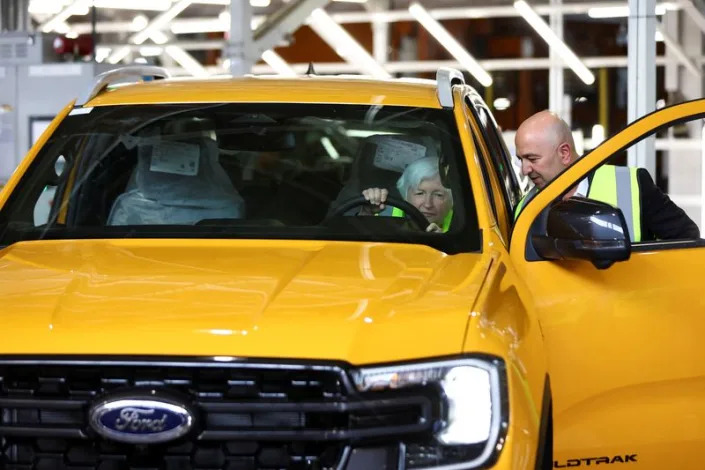

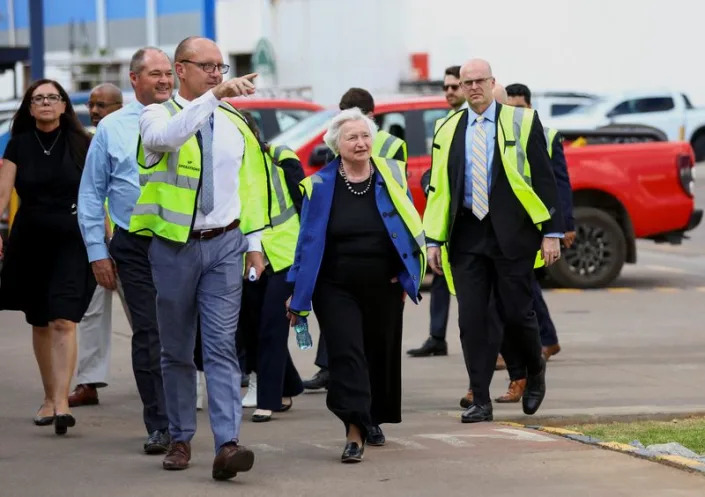
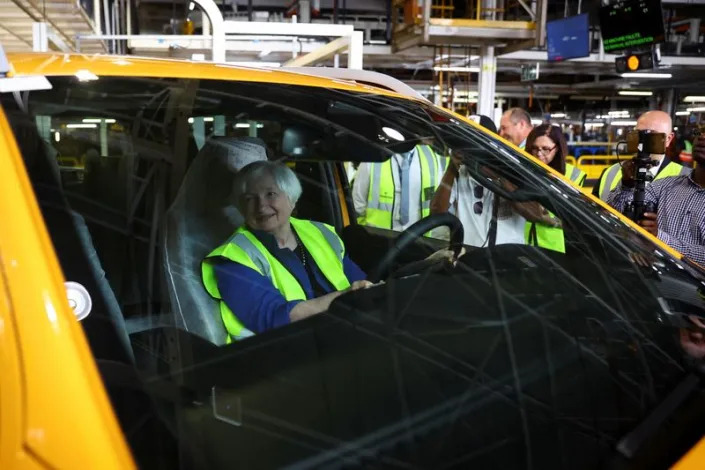
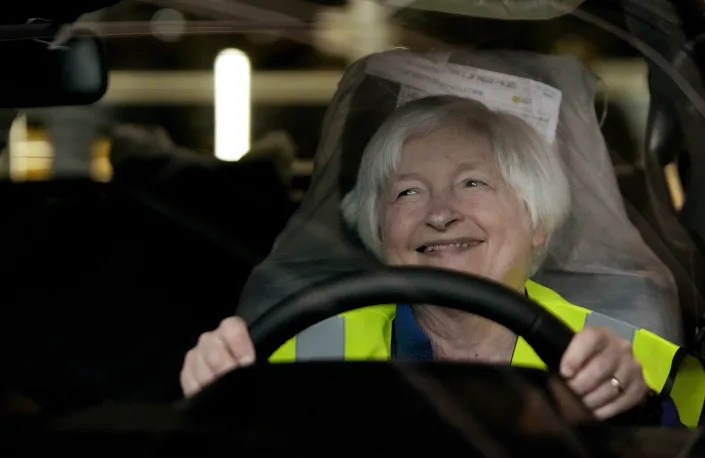

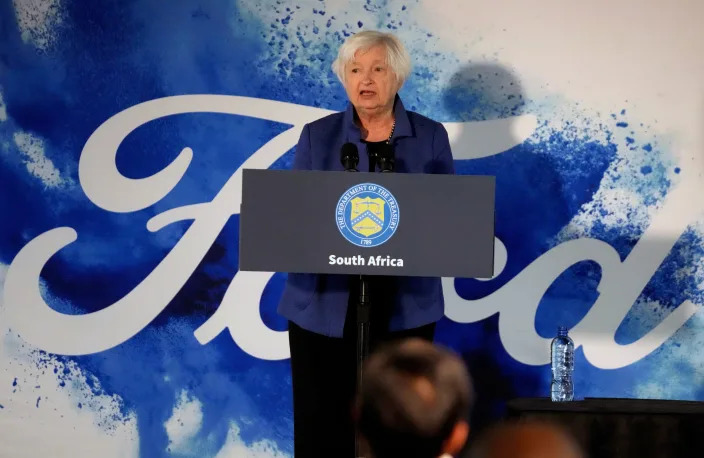
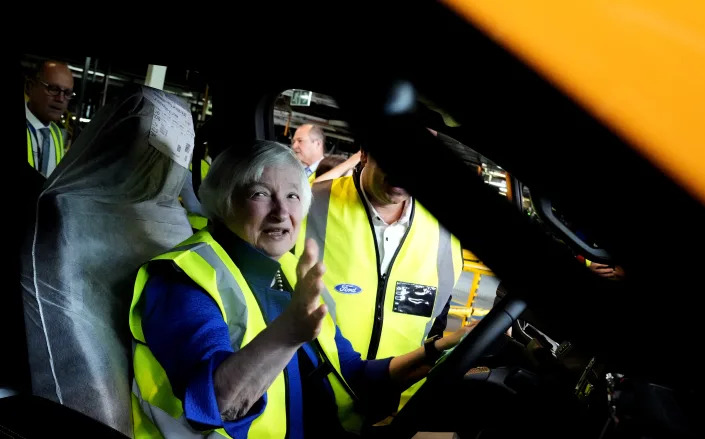
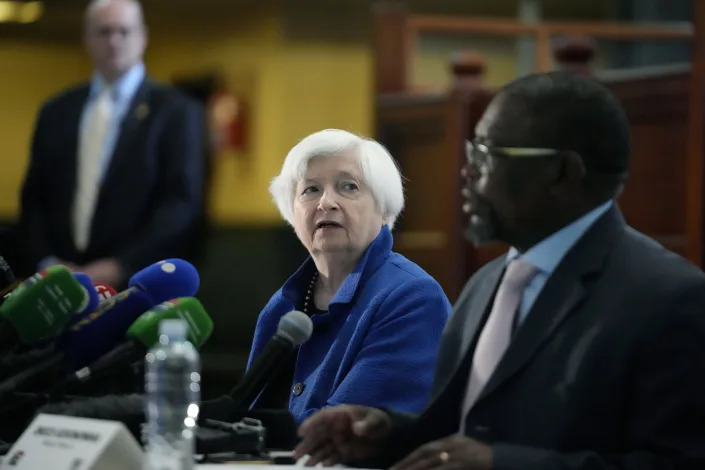
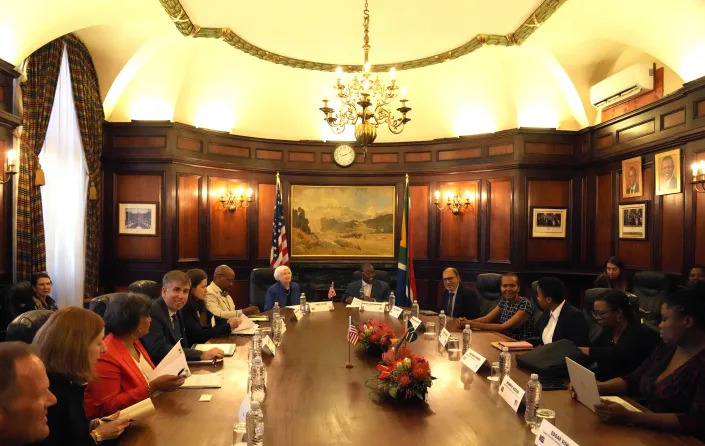
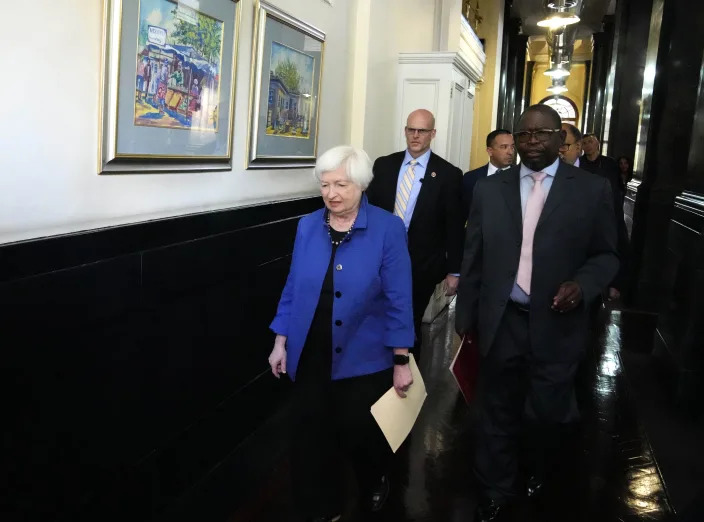
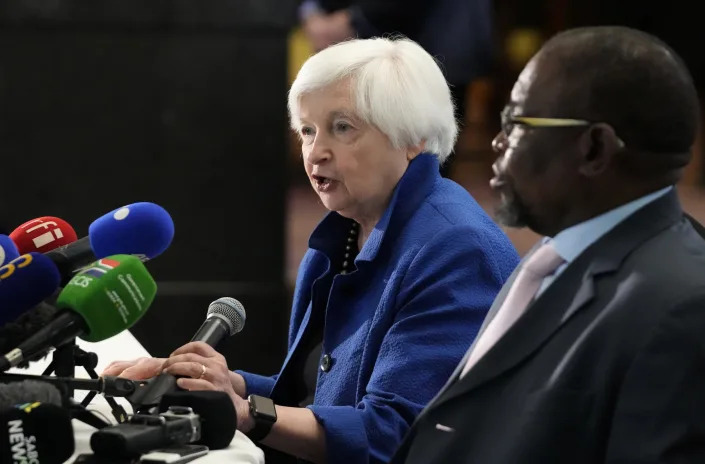

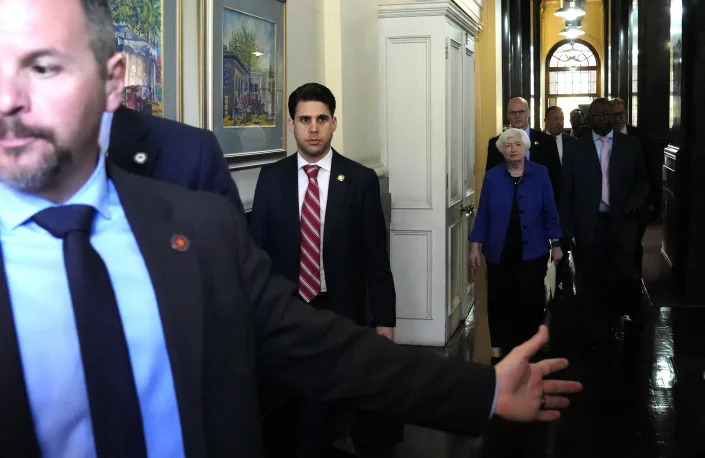
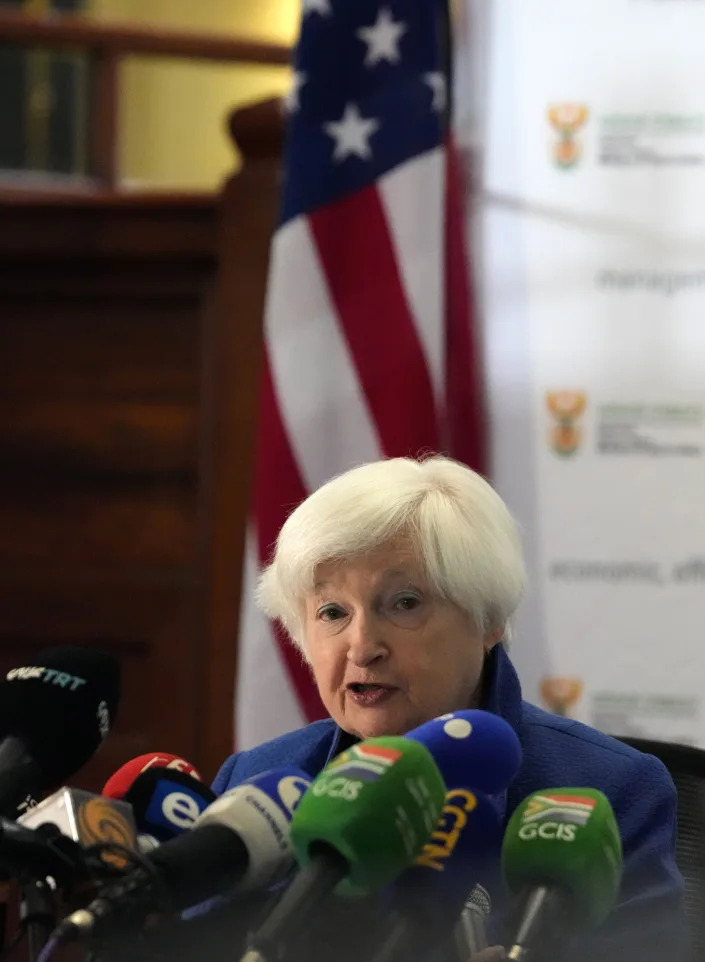













.jpg)
